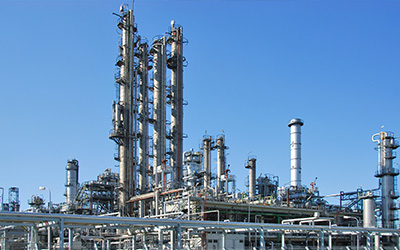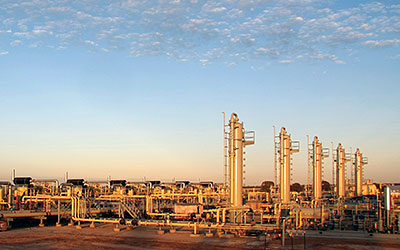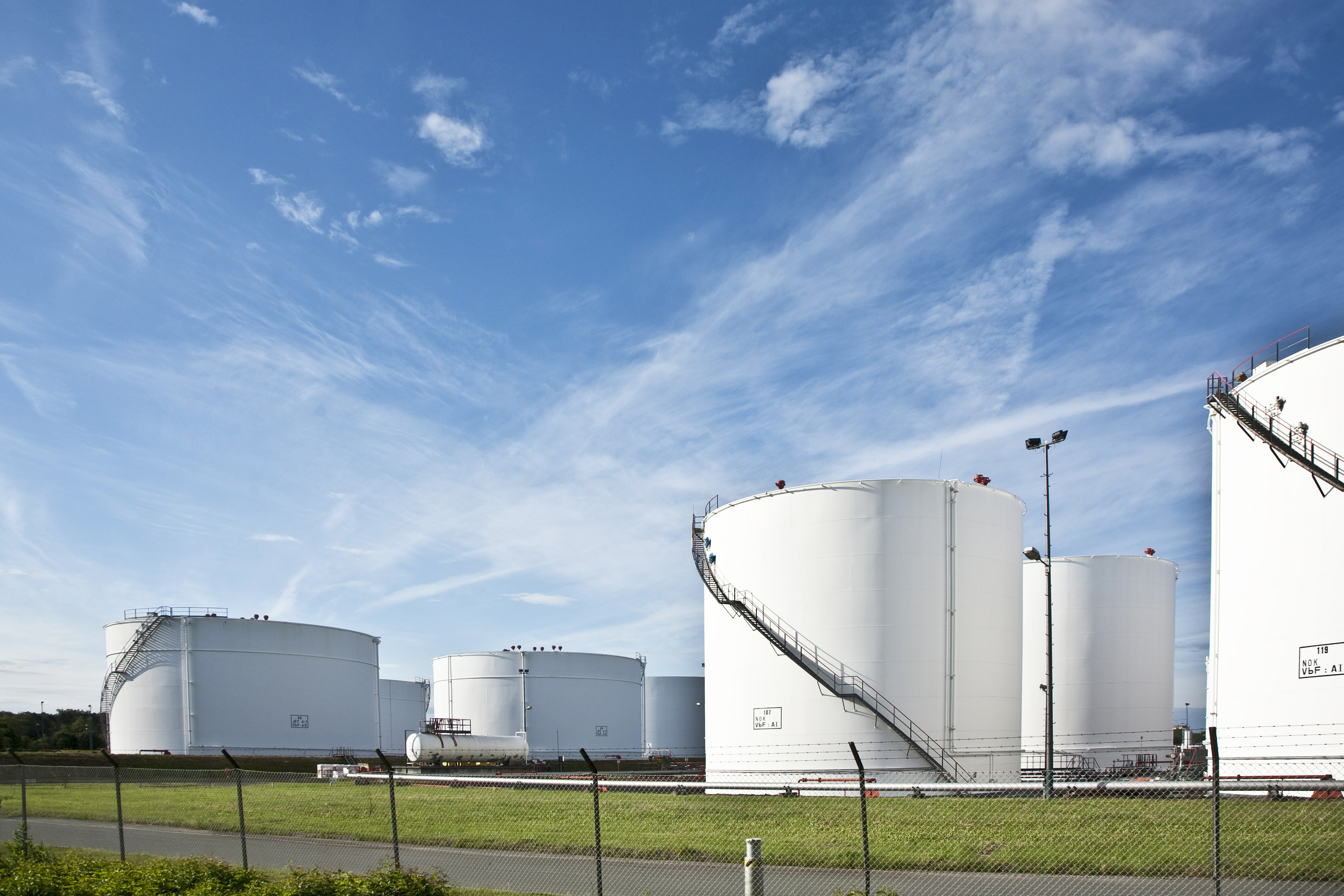Case History
Railcar service company increases cleaning efficiency by over 20% utilizing FQE® Solvent-ME, FQE LEL-Vapor, and FQE Pore Clean
Results Achieved
Cleaning efficiency increased over 20 times, saving thousands of dollars in manpower and equipment charges
Dissolved the asphaltenes and removed all traces of LEL and H2S
Minimal sludge deposits were left over after chemical cleaning
Chemicals Utilized
Water-based degreaser for dissolving high mole organics
Rapid absorption and encapsulation of vapor-state hydrocarbons
Designed to effectively penetrate and disperse hydrocarbons trapped in porous metallic surfaces for change of service applications
A service company utilized FQE Solvent-ME,
FQE Pore Clean, and FQE LEL-Vapor for a railcar cleaning application at petroleum refinery located in Delaware.
The refiner was looking to conduct a change of service on their railcars from dark oil (crude oil) to clear fluid (ethanol) service. The cars needed to be fully de-oiled to eliminate any possibility of cross contamination.
Previously, the client had been cleaning the cars completely through mechanical means at a rate of around 1 car every 4-5 days and was looking for a more efficient alternative to meet their tight timelines.
As part of the initial decontamination process to remove the bulk of the crude oil, FQE Solvent-ME was vapor-phased injected with steam into the railcars at a controlled rate until the effluent coming out of the bottoms drain was oil-free. To ensure that all the cars were truly de-oiled; down to the porous cavities in the steel surface, FQE Pore Clean was subsequently injected into the railcars as part of a final polish.
Since the project was time sensitive, the refiner elected to add another step and inject FQE LEL-Vapor to actively degas the vapor space and reduce the LEL levels down to 0. The intent was to expedite entry for the mechanical cleaning process for non-organic (sand, rust, etc.) residual heel and internal railcar inspections.
All manpower designated for vessel entry entered without any delays and minimum PPE; no additional expenses were required for supplied air operations. The service company cleaned 4-6 railcars every day thereby cutting the costs associated with manpower, equipment, and downtime by several days. Furthermore, refinery personnel successfully entered the cars for inspections and were able to get their cars back in service within their allotted timeline.



